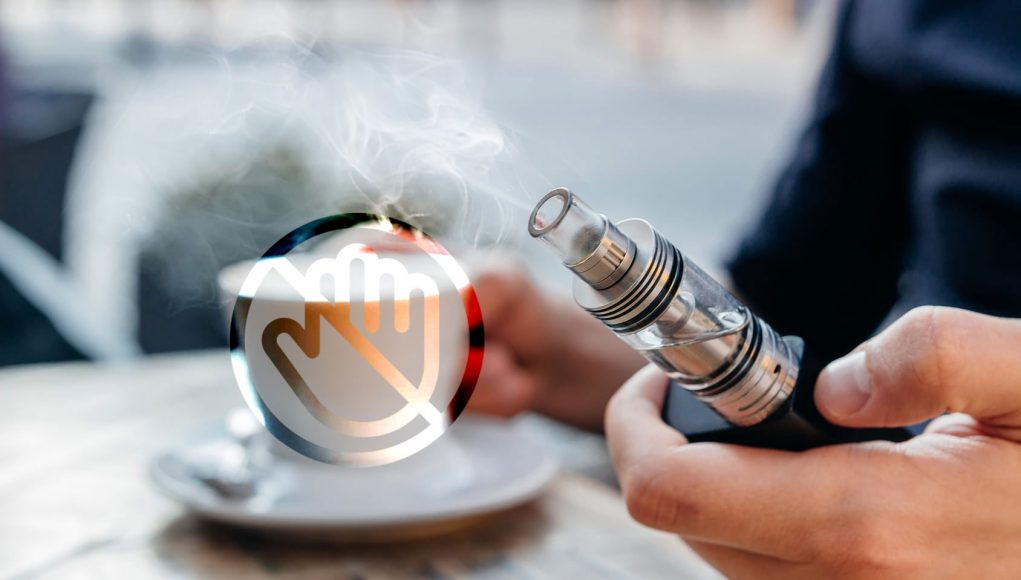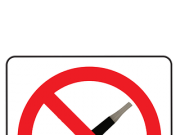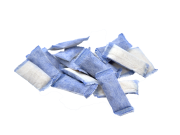Earlier this month, testimony at the Massachusetts Department of Revenue’s Illegal Tobacco Task Force discussed data on how e-cig users are responding to vaping bans. Non-surprisingly the task force concluded the flavour ban implemented locally, will lead to “an increase in smuggling activity and black-market sales.”
“I’m concerned that placing an added burden and tasking law enforcement with the enforcement of flavor bans will only stand to create a significant new black market, this includes both cross-state border smuggling and counterfeit tobacco,” said Charles Giblin, a retired special agent in charge of the New Jersey treasury’s office of criminal investigation.
“At the onset, you’ll start to see an increase between Massachusetts and New Hampshire in smuggling and illegal importation via the internet of counterfeit flavored cigarettes from countries including China and Paraguay. They will skyrocket almost incredibly instantaneously,” he said. “Another underestimated source will be Canadian First Nations reservation cigarette manufacturers, who are rather robust.”
When products are made unavailable consumers turn to the blackmarket
Public health experts have long been pointing out that consumers’ response to raising prices on vaping products or making them unavailable, is more often than not, turning to contraband products. And this is precisely what an article by Filter reported via interviews with people currently operating in the newly burgeoning illicit vape markets in New York, New Jersey and Massachusetts, where flavour bans and/or high excise taxes have been recently implemented.
“This is the same kind of dumb failure that has led us into the War on Drugs,” said one e-liquid manufacturer in New York State. He explained that he purchased 10 gallons of liquid nicotine before the ban went into effect, and has just leased a new property to produce and sell his homemade flavours to his hundreds of established customers. “I’m set for a few years,” he said.
“Black market behavior is unintended and unwelcome, but easily anticipated,” explained tobacco harm reduction expert Clive Bates, a former public health official in the United Kingdom. “The fact that no one imposing these bans has taken this into account is the same kind of dumb failure that has led us into the War on Drugs.”
Prohibition does not work
Last December, the US Centers for Disease Control and Prevention (CDC), confirmed that EVALI, the infamous “vape related” lung disease that has sadly spread across the US, was caused by Vitamin E Acetate Oil. This compound was mainly found in illicit THC Vaping Cartridges purchased on the black market.
In line with these findings, a recent study reported that cases of EVALI were most commonly found in states where consumers do not have legal access to recreational marijuana dispensaries.
All these reports keep pointing to the same fact: Prohibition does not work, regulating sensibly does! And this is even more so the case in minors, who as an age group are more inclined to experiment and engage in risky behaviour.
CDC Study: Curiosity (Not Flavours) is the Main Instigator of Teen Vaping




![Recent Conference Urged Nations Worldwide to “Quit [Smoking] Like Sweden”](https://www.vapingpost.com/wp-content/uploads/2024/04/vape-conference-238x178.png)







